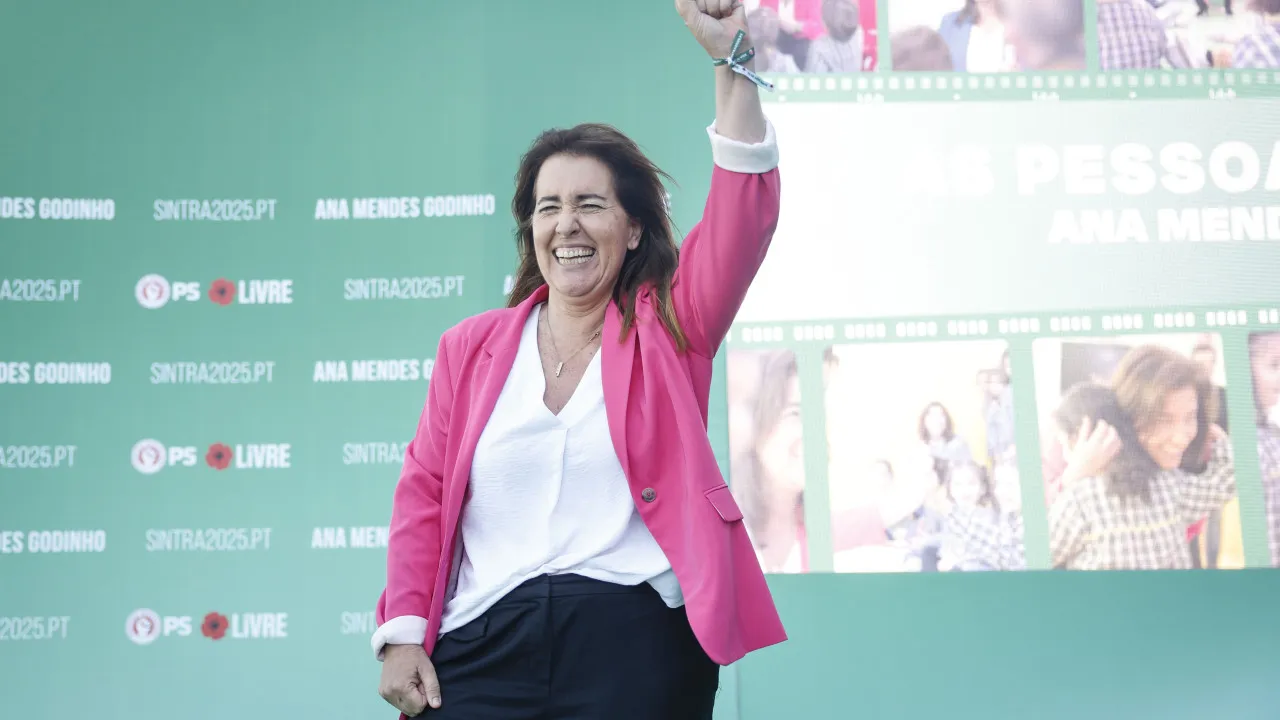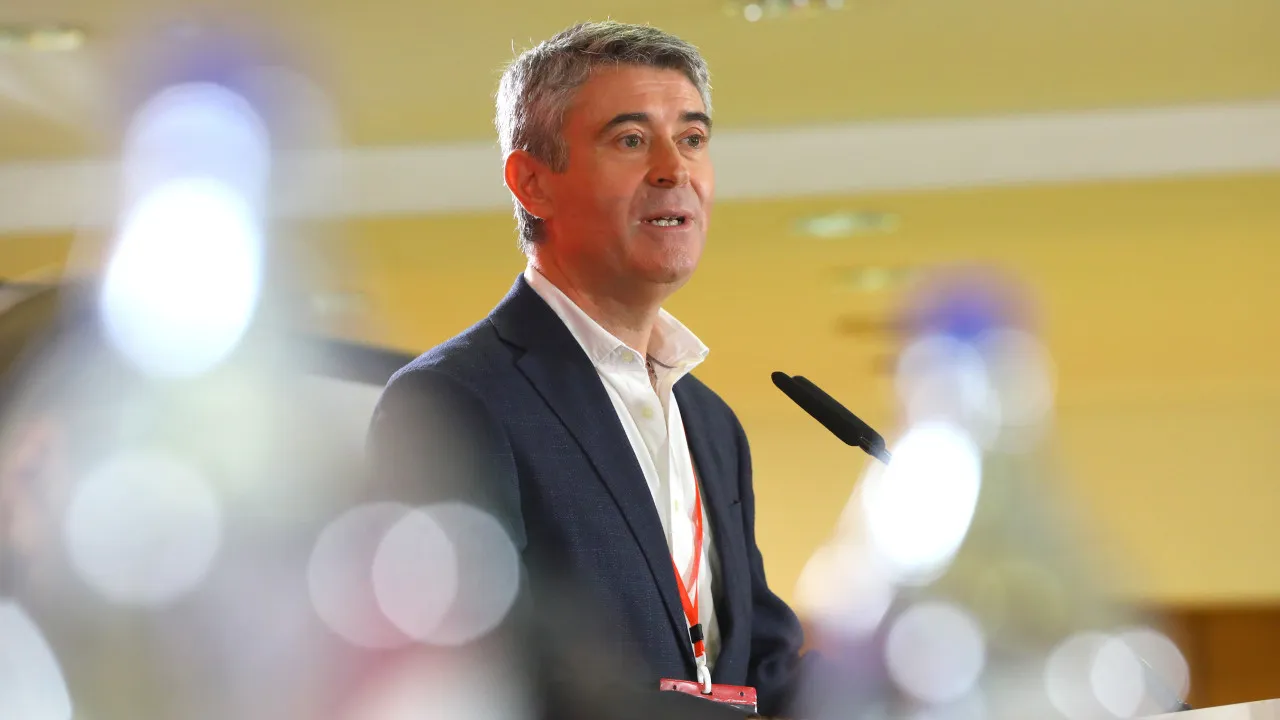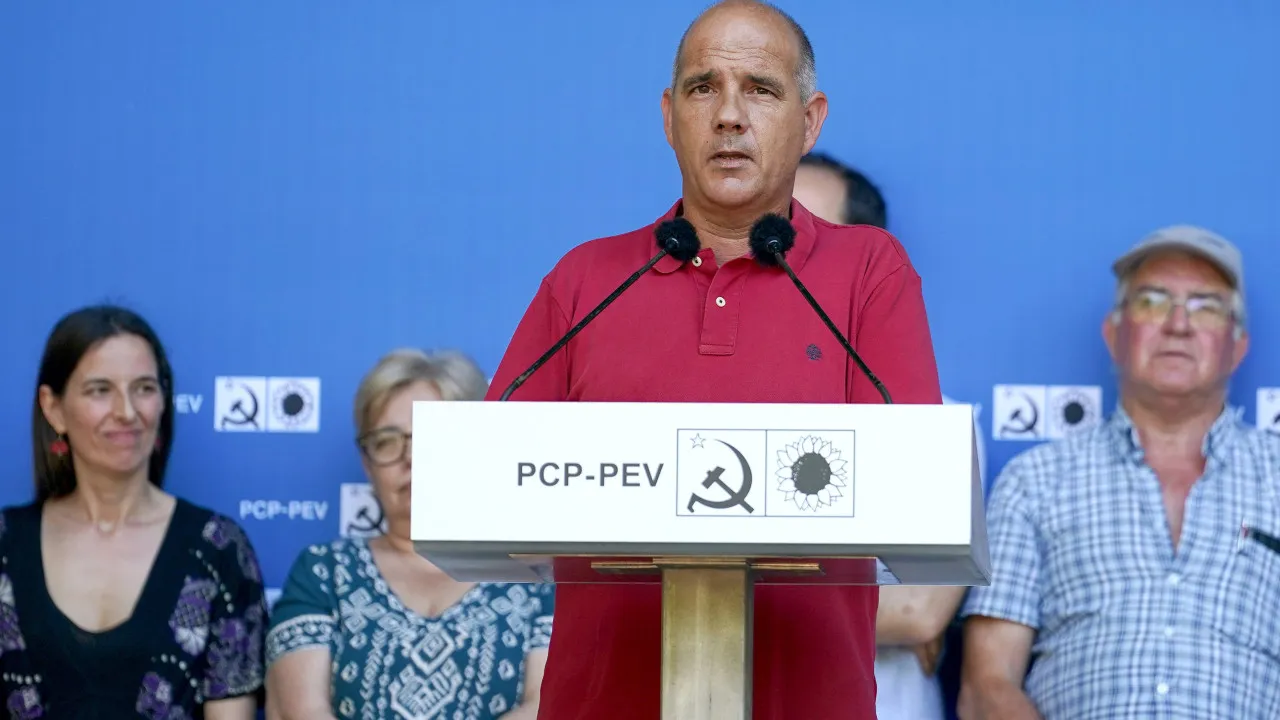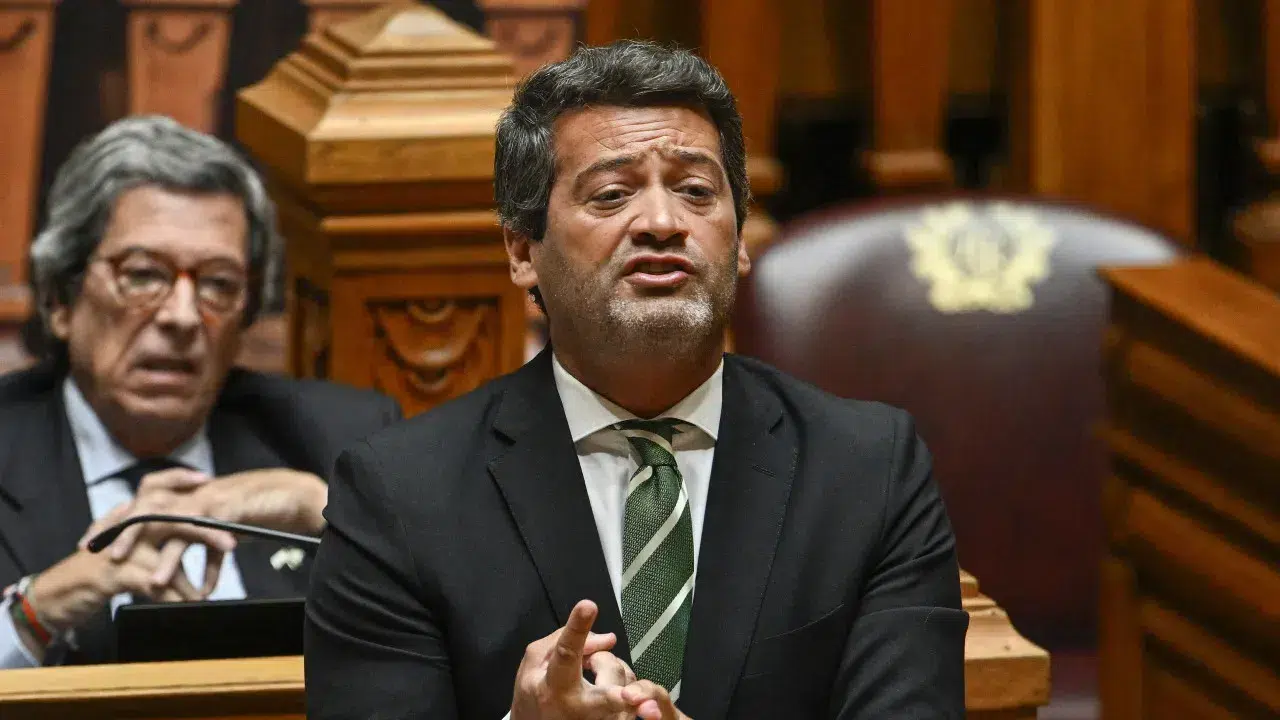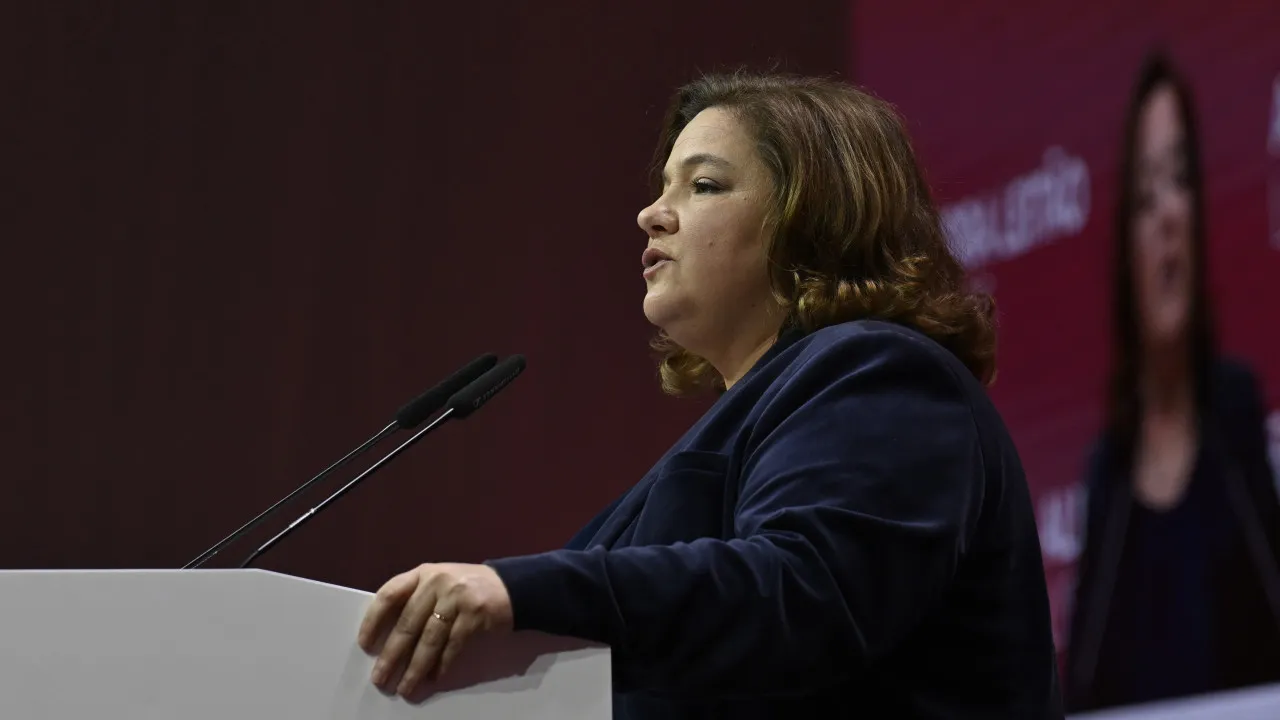The President of the Portuguese Parliament said today that the press law should be revised quickly in the next legislature, stressing that it is “very outdated” and does not take into account the digital transition that has taken place in the sector.
“There are people who say, rightly in my opinion, that one of the things the next legislature should do with some speed is to intervene on the press law,” said Augusto Santos Silva in a debate with students organized as part of the 5th Journalists’ Congress, at the São Jorge cinema in Lisbon.
Santos Silva pointed out that the press law dates back to 1999, will be 25 years old this year, and is obviously “very outdated”, not taking into account the digital transition that has taken place in the media sector.
“Just think that 25 years ago, when it was approved, there were no digital communication organizations, there were no content aggregators, there were relatively few cell phones, the Internet was not widespread,” he said.
Shortly afterwards, speaking to journalists, Santos Silva pointed out that when you read the current press law, you see that “it’s thinking about the conventional media” and not “the digital media and the crossroads that exist between digital media platforms and the media themselves”.
“This clarification does not exist in the current press law, nor could it, and both the Journalists’ Union, the [Professional Journalists’] Portfolio Commission and the Media Regulatory Authority have not only warned of the need to review it, but have already presented ideas for this revision,” he stressed.
Santos Silva said he believed that “the parliamentary groups will be in a position to make this legislative work a priority for the next legislature”.
Asked if he thought that the digital dimension should be the only concern in a possible revision of the press law, Santos Silva said that he considered the issue of the digital transition “to be the main gap in the law”, but admitted that, when revising a law, it is necessary to “look at several dimensions”.
“I believe, given the developments we have seen in Portugal and other countries, that, on the one hand, the law should also revisit the conditions for preserving editorial independence – the functioning of editorial boards, editorial independence from media owners and the state – and, on the other hand, issues relating to journalism,” he said.
The president of parliament considered that “there is a certain erosion of journalism as a specialized professional activity”, stressing that, in the media, the need “to have journalists and for journalists to have the conditions to work as journalists” is now “less clear”.
“I think the press law should also take these dimensions into account. I’m speaking a bit off the cuff, because I haven’t re-read the press law for a long time,” he said. ”
During his speech on the subject of “Journalism, Freedom and Democracy”, Santos Silva identified two current problems in journalism, starting by highlighting the “certain erosion” of the profession, which translates into “little verification of facts, little analysis of the relevance of facts, or the wrong criteria for determining the relevance of facts”.
“Whoever shouts the loudest, whoever insults the most, whoever opens the door of their intimacy to the media, whoever presents themselves in the most spectacular way, comes out. None of this corresponds to the news value of journalism,” he said, attributing this erosion to “understandable” criteria, such as “working conditions, remuneration, group pressure or audience struggles”.
On the other hand, Santos Silva said that there was also a problem with the business model of journalism, which he attributed to “spoliation” by content aggregators such as Google, which use journalists’ professional work without paying them.


